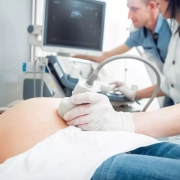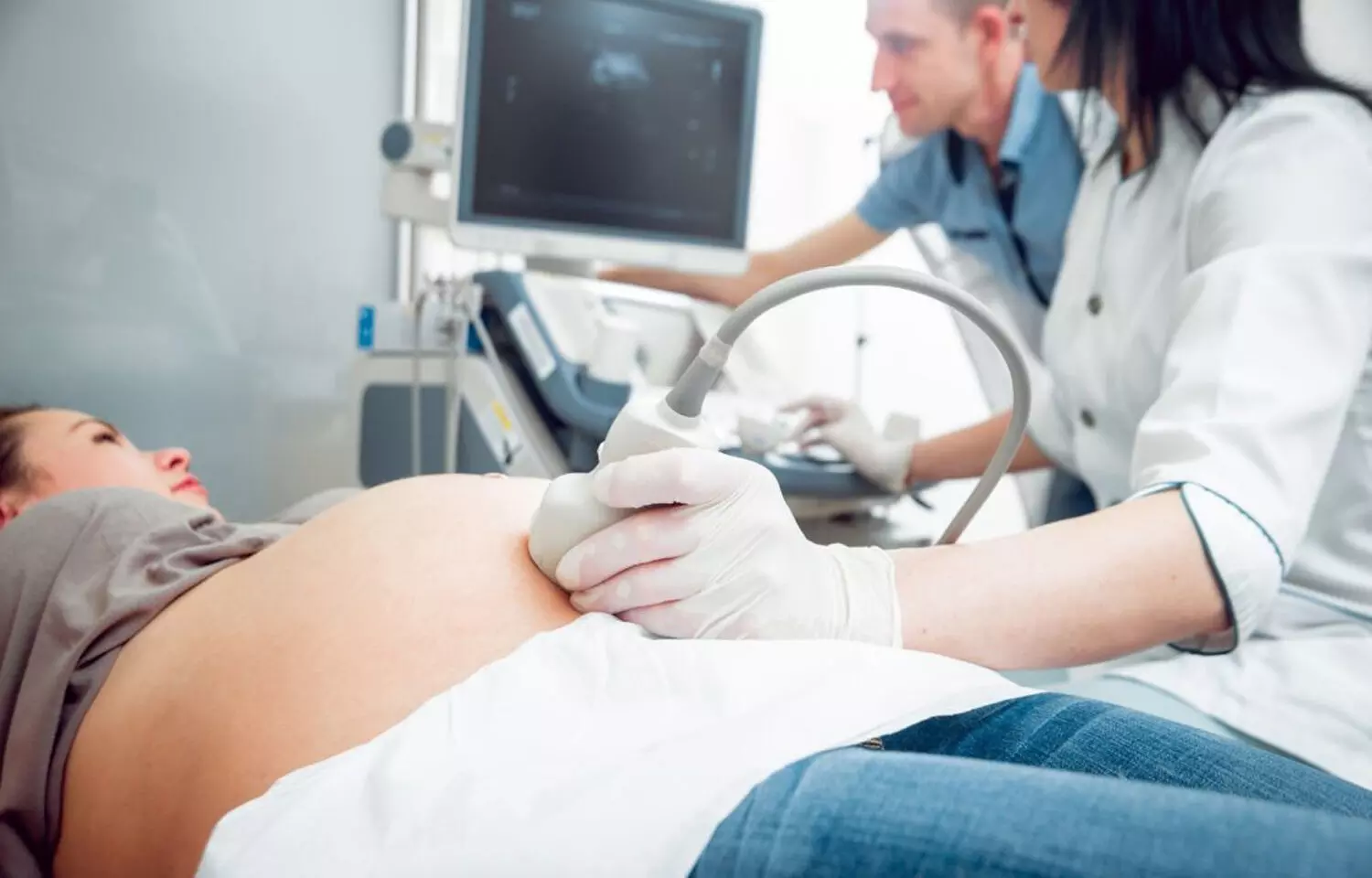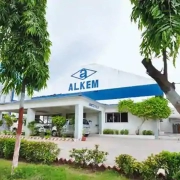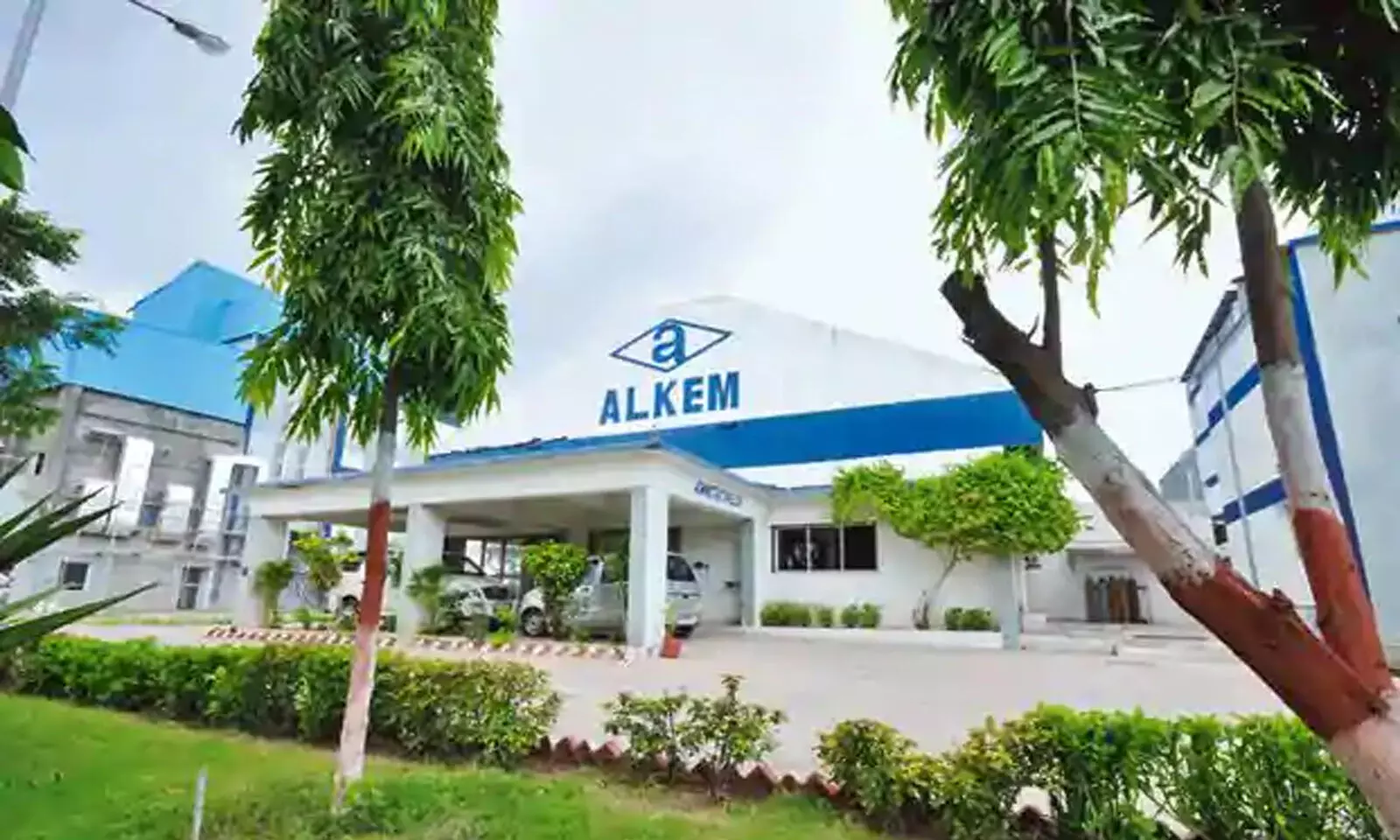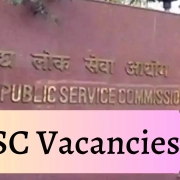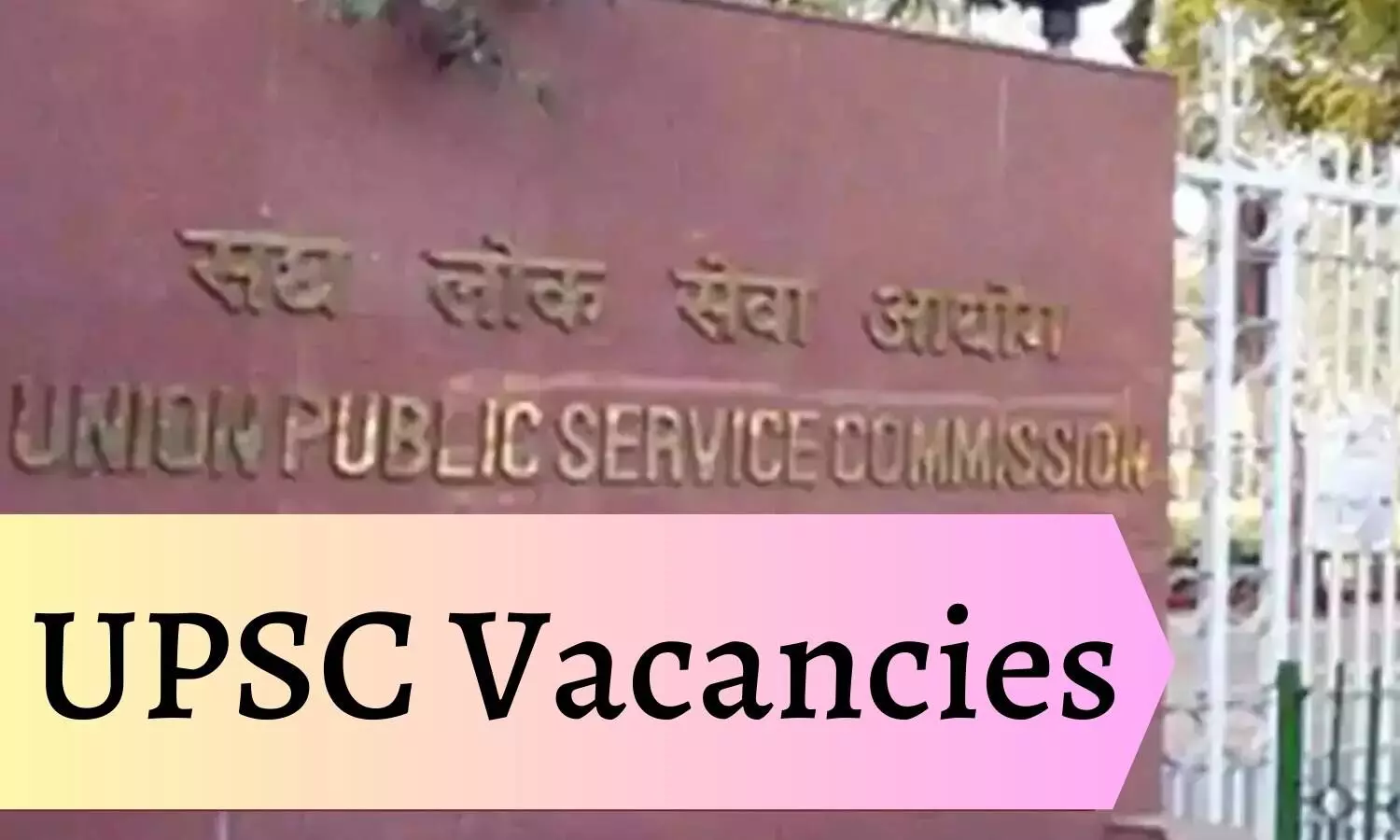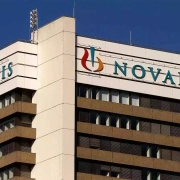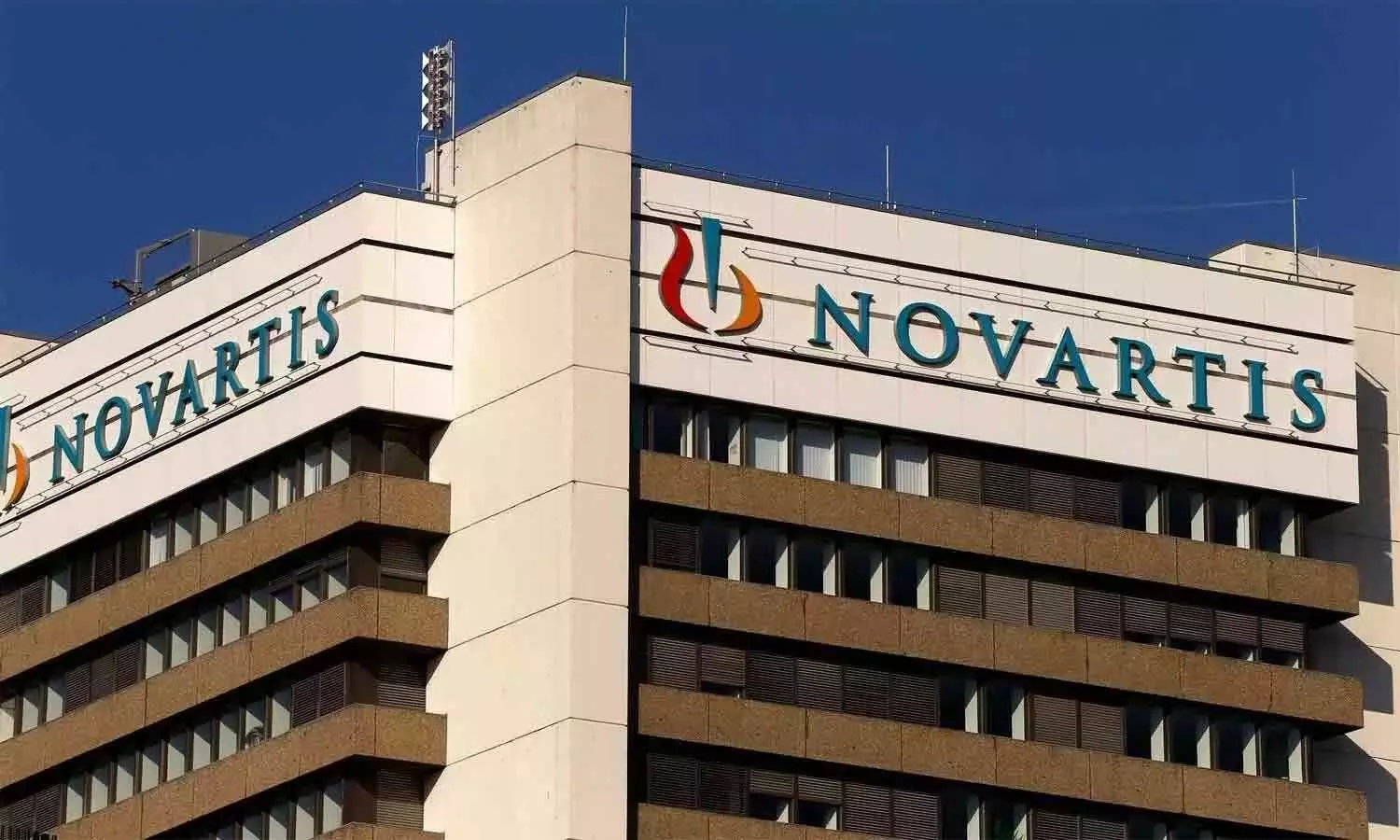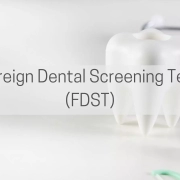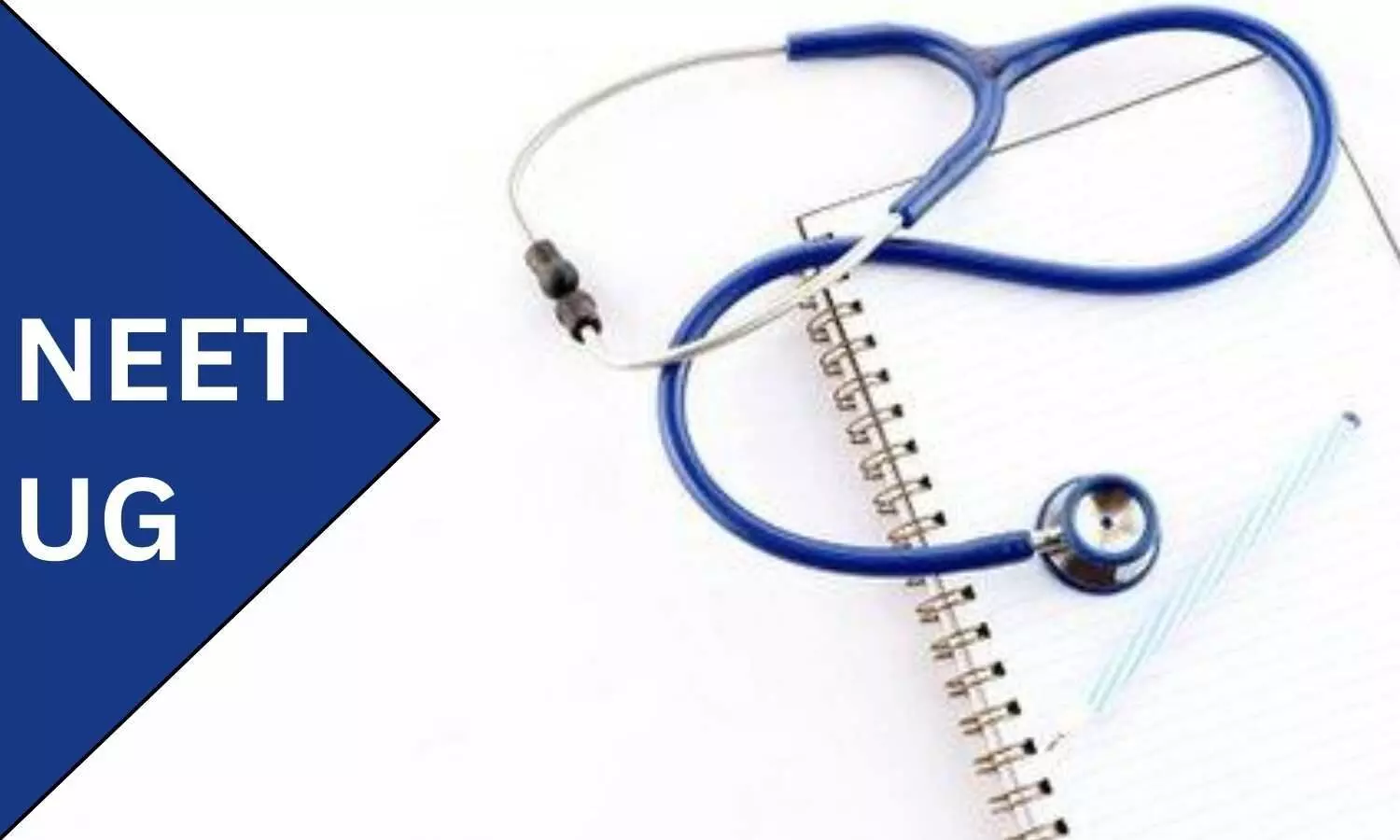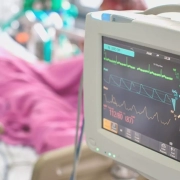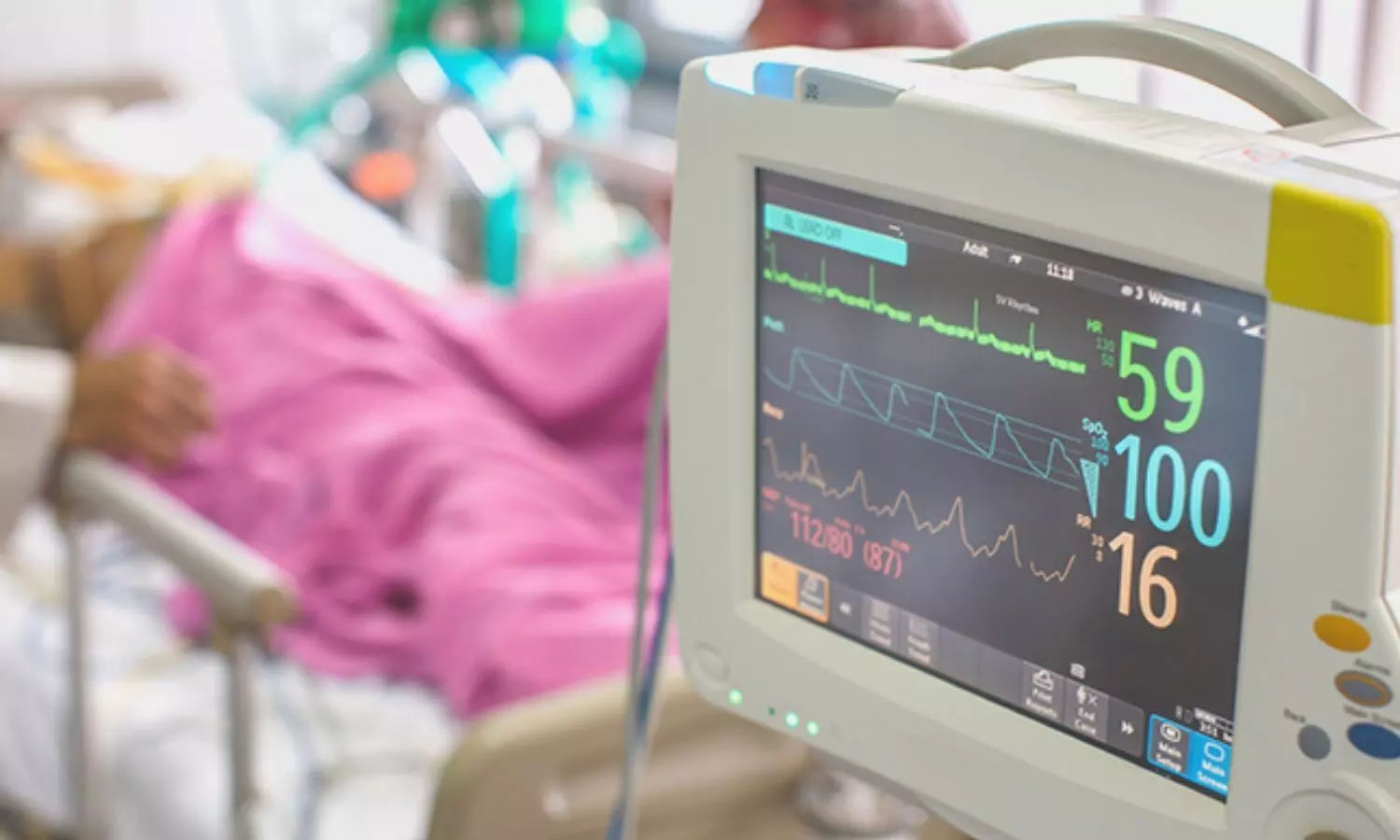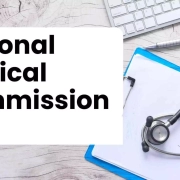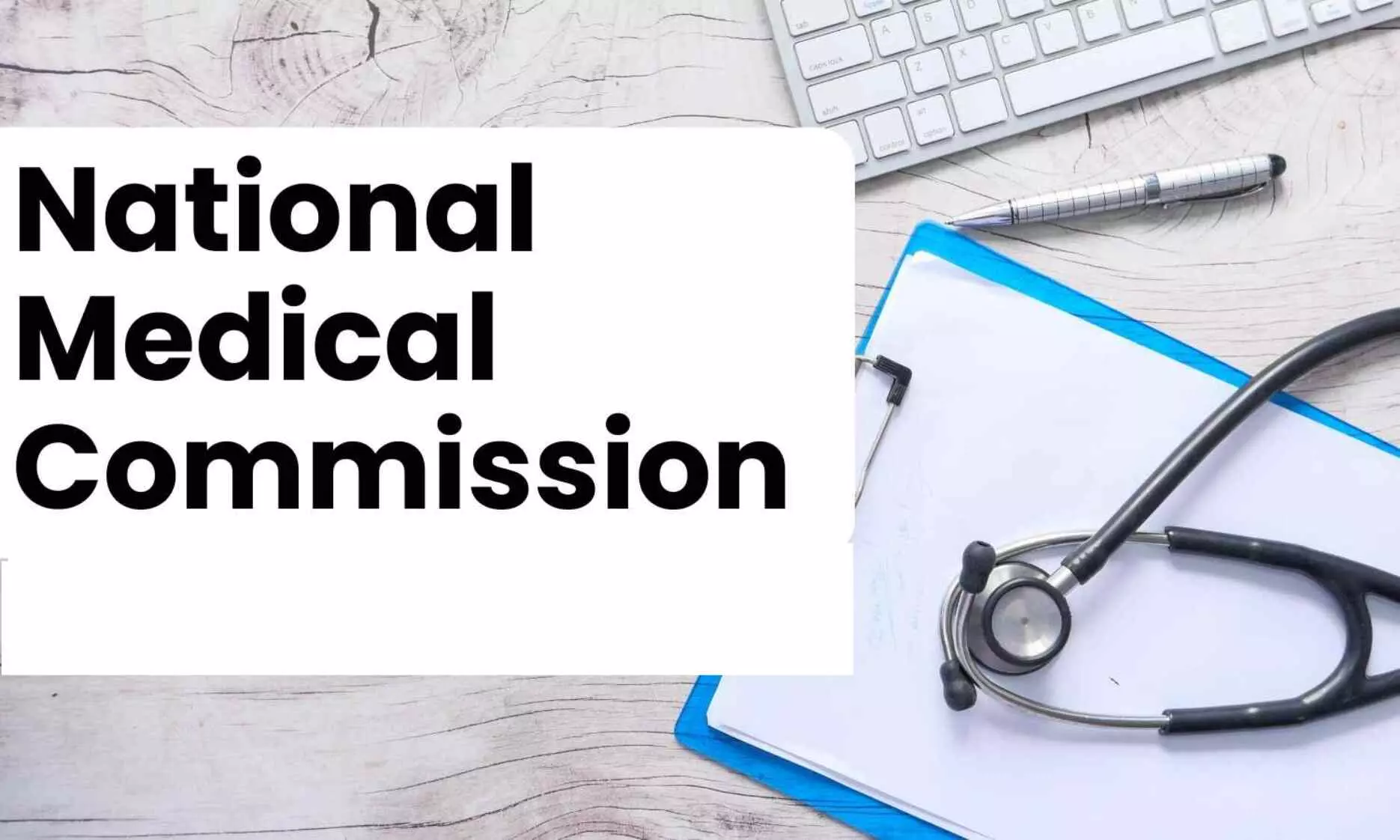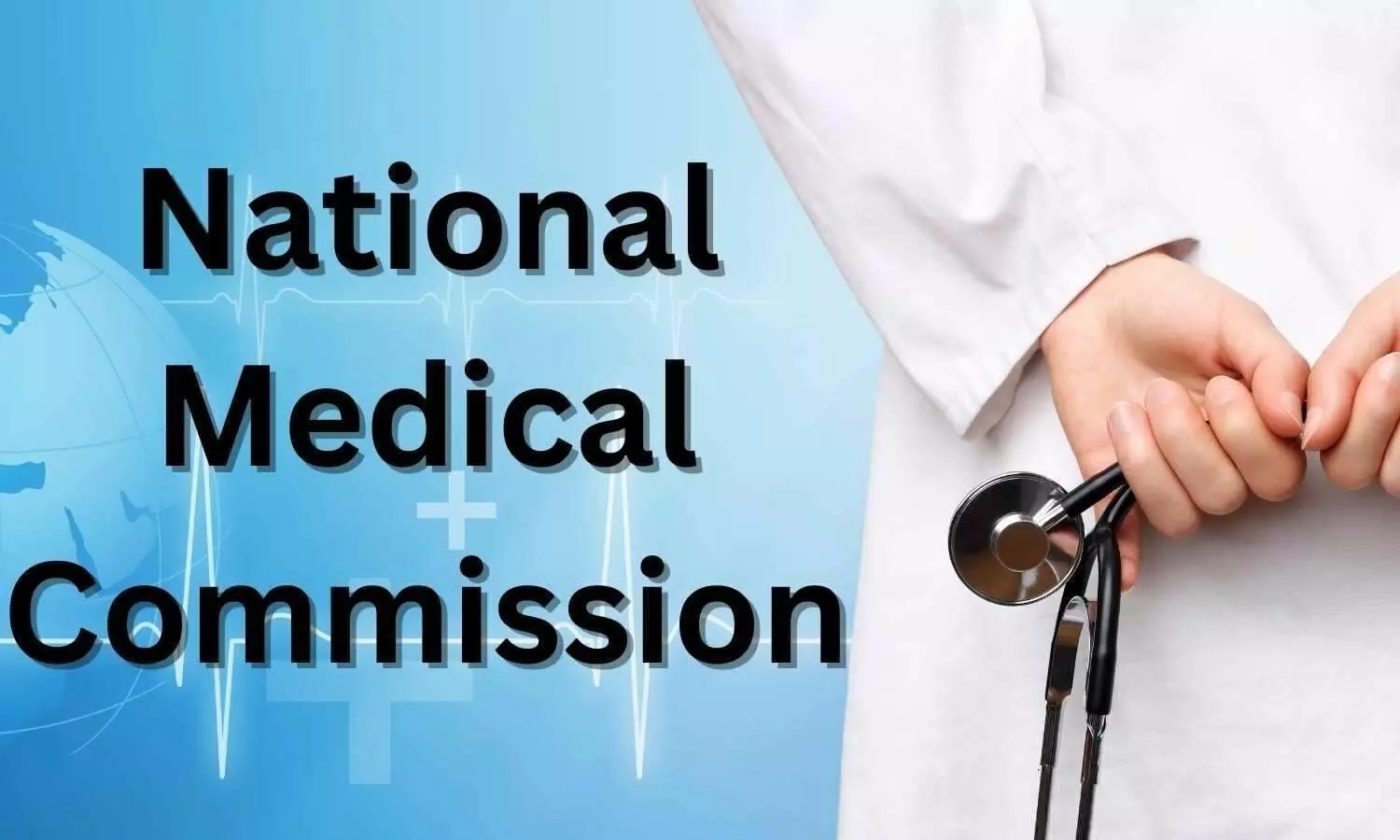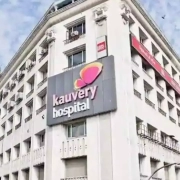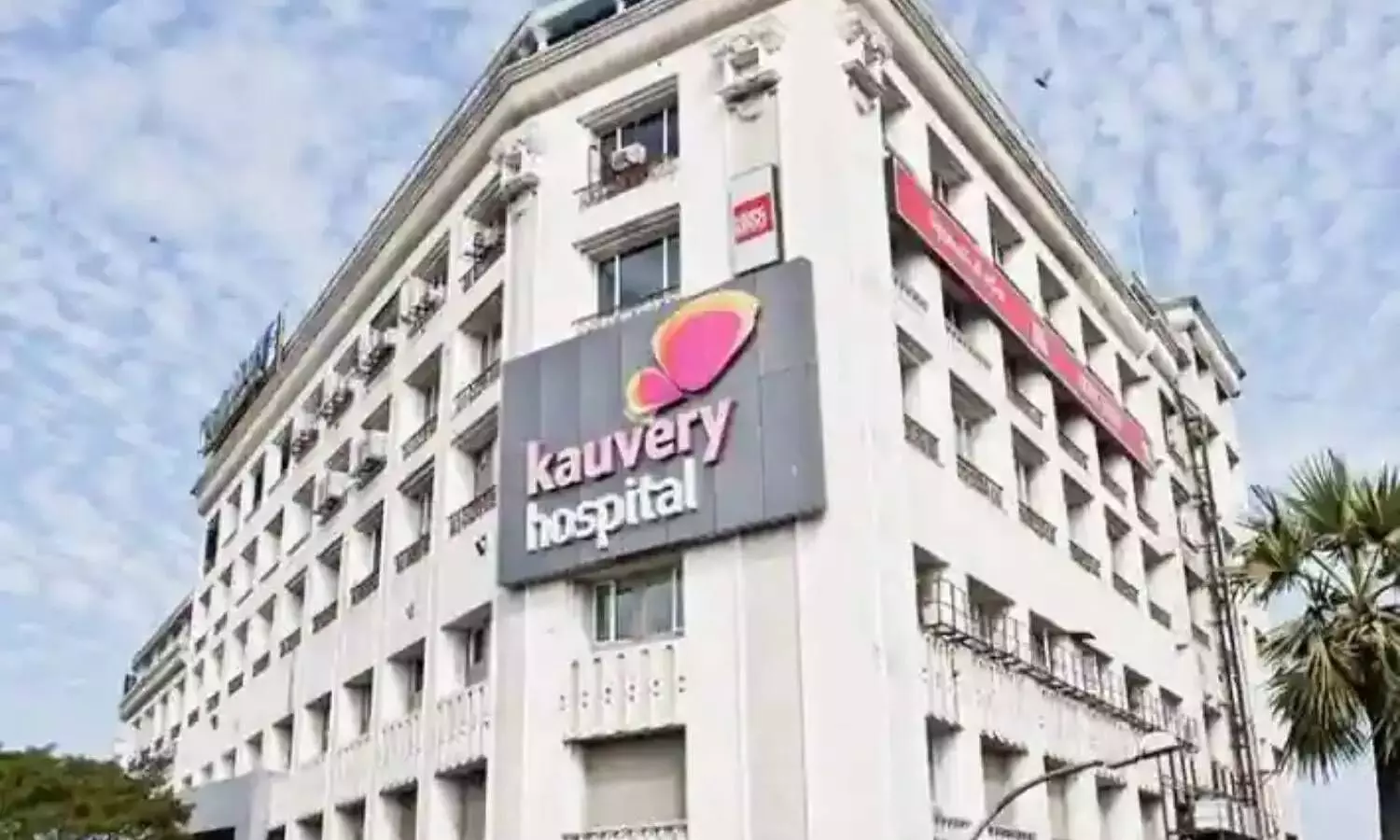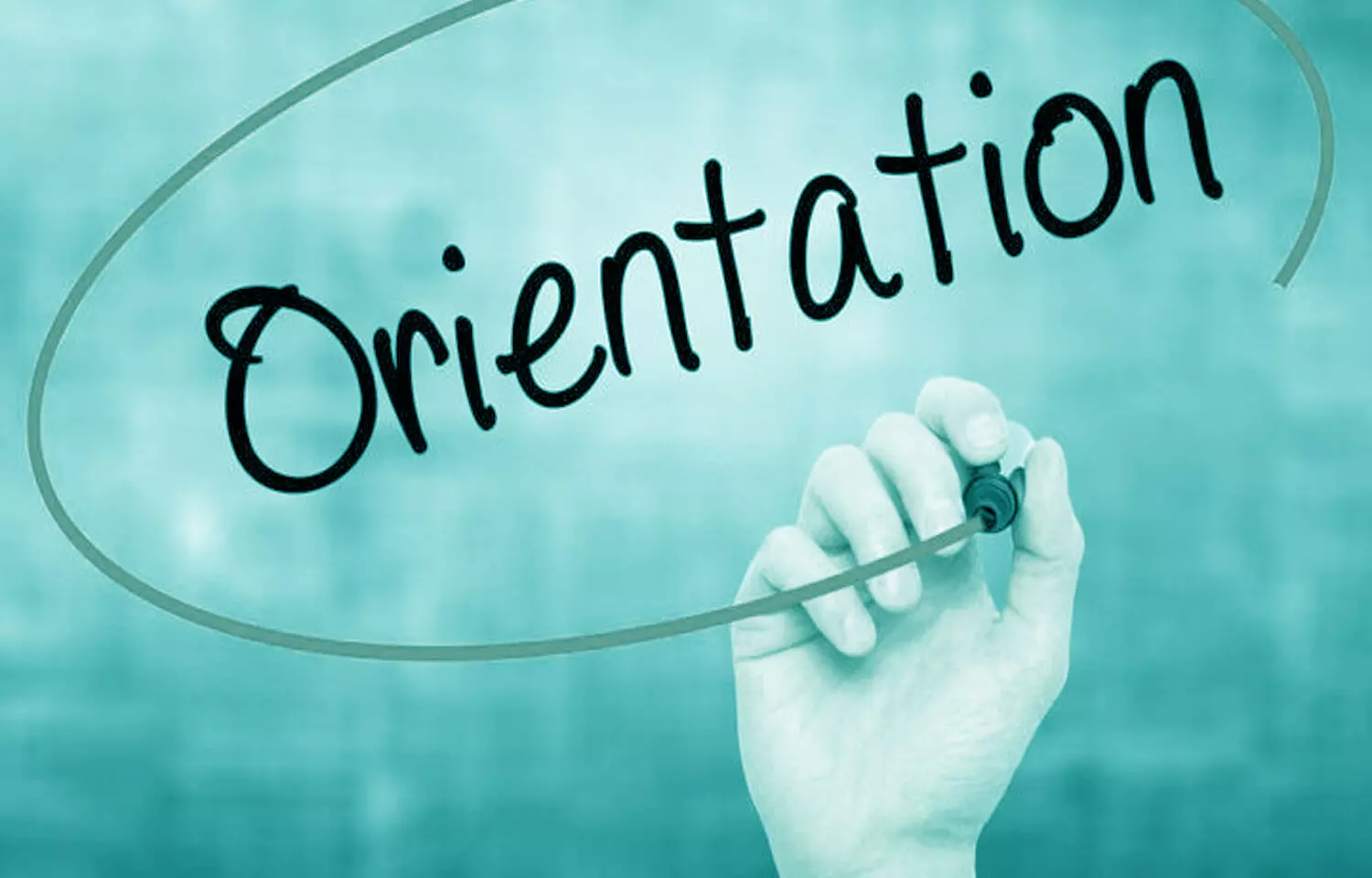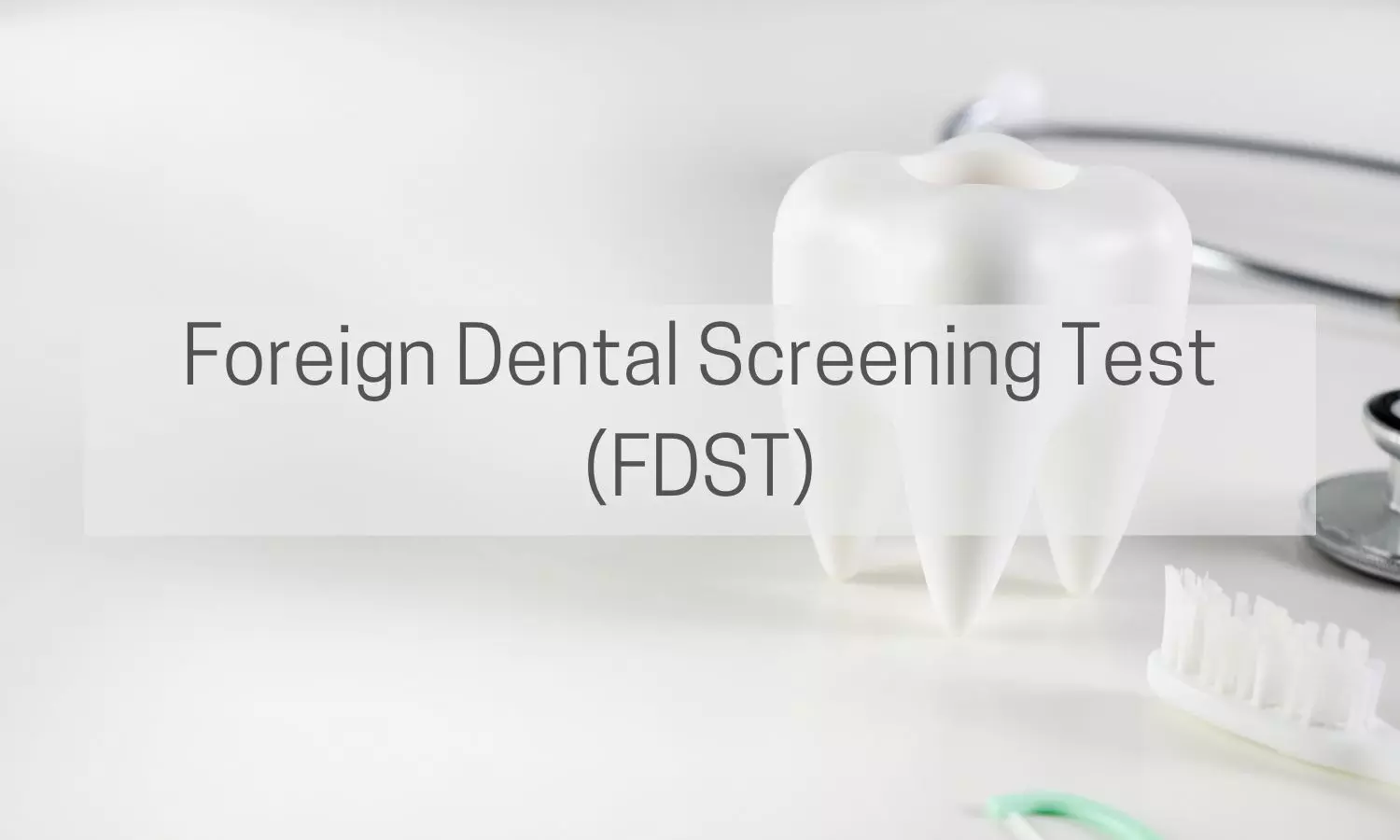
Delhi: The National Board of Examinations (NBE) has announced the conduction of the Foreign Dental Screening Test (FDST) for Indian Citizens/OCI possessing primary dental qualifications awarded by dental institutions outside India on 20th January 2024 on a Computer Based Platform in Delhi.
The admit card will be issued on 15th January 2024 and can be downloaded from the NBE website. Candidates will be informed through SMS/Email alerts and website notices regarding the availability of the admit card on the NBEMS website. Admit cards will not be sent to the candidates by Post/ Email.
Candidates are required to download their admit card from the NBEMS website and firmly affix their latest passport-sized photograph in the space provided on the admit card. The photograph must meet the following specifications –
1. Size of photograph: Minimum 35×45 mm (and not larger than the box printed on the admit card for pasting the photograph) with at least 75% of the area on the photograph should be occupied with the face & head of the candidate.
2. It should be a Colour photograph with a white background.
3. The photograph needs to display a full front view of the face with a neutral expression. No Caps, Stethoscope, Goggles, or Ornaments to be worn.
4. The photograph should not have reflection or shadow on the face with red eyes.
5. The photograph needs to be printed on high-quality paper with at least 600 dpi Resolutions.
6. The photograph must not have kinks, scratches, or stains.
The result will be declared by 20th February 2024. It will be displayed on the NBE website. An applicant shall be declared as having passed only if he/she scores 50% in each paper individually to qualify for appearing in the viva-voce examination. Viva-Voce examination consists of 50 marks. The candidate has to score 50% in the viva-voce examination i.e. 25 / 50. The scheme regarding the delivery of an authenticated copy of the result shall be indicated on the website at the time of declaration of the result. There will be no re-evaluation or rechecking or re-totaling. Requests for re-evaluation/re-totaling shall not be entertained.
Appearance in the FDST does not confer any automatic rights to secure provisional or permanent registration with the Dental Council of India or any State Dental Council.
Candidates found ineligible at any stage of FDST, will not be permitted to appear in the examination. In the unlikely event of any ineligible candidate appearing and/or passing the FDST, the results/candidature of such candidate shall be canceled and/or deemed to be canceled, even if the result has been declared or a Pass Certificate has been issued.
Candidates’ eligibility is purely provisional & is subjected to the fulfillment of eligibility criteria as prescribed by the Dental Council of India. NBEMS reserves its absolute rights to alter the examination schedule, pattern, policy, and guidelines at any time. The candidate shall have no right whatsoever to claim/derive any right from past or present schedule, policy, and guidelines of NBEMS.
The request shall not be entertained for change in date/center of examination under any circumstances. Candidates are advised not to canvass for such representation.
FDST shall be conducted by NBEMS only at the Delhi Centre engaged for the purpose. Candidates are advised to familiarise themselves with the route and location of the exam center. The exact venue will be informed to the candidates through admit cards. The candidates shall make their own arrangements for travel/ boarding etc.
The examination test center staff on duty is authorized to verify the identity of candidates and may take steps to verify and record the identity of candidates. Candidates are required to extend requisite cooperation.
Possession/Use of mobile phones/Electronic devices is strictly prohibited on the premises of NBEMS Test Centres. Candidates shall be liable for penal action for Possession/ Use of Mobile phones/ Electronic devices.
Demo Test: A demo test shall be available for the benefit of candidates to familiarise themselves with the computer-based Test format at NBE website. Candidates will be able to access the Demo test from 10th January 2024 onward.
The exam consists of two question papers, comprising 100 and 150 multiple-choice, single-correct response questions in English language only. The examination shall be a multiple-choice question delivered as a Computer Based Test.
Allocation of time for the FDST shall be as follows –
|
Activities
|
Paper – I
|
Paper – II
|
|
Allow Candidates to enter the examination center and
Commence Registration
|
07:00 AM
|
12:00 PM
|
|
|
|
|
|
Entry closes at the Examination Center
|
08:30 AM
|
01:30 PM
|
|
|
|
|
|
Grant access for Candidate Login
|
08:45 AM
|
01:45 PM
|
|
|
|
|
|
Candidates log in to read instructions
|
08:50 AM
|
01:50 PM
|
|
|
|
|
|
Exam Start Time
|
09:00 AM
|
2:00 PM
|
|
|
|
|
|
Exam End Time
|
11:00 AM
|
5:00 PM
|
|
|
|
|
FDST for BDS Graduates is divided into two question papers of
100 and 150 questions with time allocation of 120 minutes and 180 minutes
respectively. There is a scheduled break of two hours between the two papers.
There shall be no negative marking. Each Question carries one mark. There will
be no grace marks. The candidate has to score 50% in each paper individually to
qualify for appearing in the viva‑voce examination. BDS-Viva Voce Examination: 50
Marks. The candidate has to separately score 50% in the viva voce examination.
Examiners for Viva-Voce Examination for BDS: There shall be
two examiners for Viva-Voce, out of whom, one internal from the examining
university and one external from any other university. The qualification of
examiners appointed for viva-voce for recognition of foreign UG/PG dental
qualification would be at par with the qualification prescribed for examiners
in the DCI Revised BDS Course Regulations, 2007 and MDS Course Regulations,
2007 and 2017, as amended from time to time.
There are no restrictions on the number of attempts that can be
availed by a candidate.
Overview of Computer-Based Test –
1. Demo Test (At NBEMS Website)
2. Issuance of Admit Cards
3. Reporting at the Test Centre on the Schedule Date and Time
4. Security Check-in Process
5. Registration for Test + Face ID Capture
6. Examination Begins
7. Examination Ends
Test day procedures –
NBEMS shall be conducting the Social Distance –
Computer Based Test (SD-CBT) in a safe and secure environment using touch-free processes maintaining social distancing norms wherever needed. NBEMS reserves its right to review the test day processes of conduct of CBT in the wake of the changing scenario of the COVID-19 pandemic.
Entry of Candidates as per Time given in the Admit Cards –
Candidates are required to report at the ‘Reporting Counter’ of the test venue at the time indicated in their admit cards. The reporting counter will close 30 minutes prior to the test start time. This will allow time for security checks, identity verification, and checking in for examination.
Candidates reporting late or beyond the prescribed time shall not be allowed to appear in the exam under any circumstances. NBEMS shall not be responsible for any delayed arrival of the candidate reaching the center due to any reason.
Test Centre Location –
The exact address and location of the test centers shall be indicated on the admit card. Candidates are advised to familiarise themselves with the test center locations at least one day prior to the examination day and ensure that they report for the exam at the scheduled time only.
Only the candidates who have been issued admit cards will be allowed entry inside the examination center premises subject to fulfilment of documentary requirements.
Barcode/QR Code Reader at Entry Points –
The candidate will flash the admit card and ID proof for verification to the exam functionary standing across the table with a barcode/QR code reader. The candidate shall be informed about the assigned lab number. At no time will the exam functionary touch any of the candidate’s documents.
Identity checks will be made upon arrival at the test center to ensure that there are no unauthorized candidates appearing for the exam.
Candidates must bring to the test center the following documents –
Printed copy of Barcoded/QR Coded Admit card with his/her photograph pasted on it.
Any one of the below-mentioned Govt issued photo IDs (must be original and valid/non-expired) –
1. PAN Card
2. Driving License
3. Voter ID
4. Passport
5. Aadhaar Card (with Photograph)
In case, any candidate reports to the test center with an e-Aadhaar Card with an Aadhaar number printed on it as proof of identity, the eAadhaar Card should be a good quality color printout with a clearly visible photograph. The photograph should not have kinks, scratches or stains, and should definitely match the candidate presenting the e-Aadhaar Card. The decision of NBEMS in this regard shall be final.
Candidates without valid ID proof shall not be allowed to enter the examination premises. Unfair means a case shall be registered against the candidates producing false/forged documents/ID Proofs.
Candidates will not be allowed to take the following items beyond the security checkpoint in examination premises under any circumstances –
1. Any stationery item like textual material (printed or written), notes, Plastic Pouch, Calculator, Pen, Writing Pad, Pen Drives, Eraser, etc.
2. Any electronic device like Mobile Phone, Bluetooth, Earphones, Microphone, Pager, wrist watch/Health Band, Calculator, Electronic Pen/ Scanner, etc.
3. All ornaments like bracelets, Ring, Earrings, Nose-pin, Chain/ Necklace, Pendants, Necklace with pendants, Badges, Brooch, etc.
4. Other items like Wallet, Goggles, Handbags, Belt, Cap, etc.
5. Any eatable item opened or packed, soft drinks, etc.
6. Any other item that could be used for unfair means, for hiding communication devices like wireless/Bluetooth devices, spy cameras, etc.
Candidates will be permitted to carry certain items with them to the examination lab –
1. Admit Card
2. Government-issued ID proof
Finger Biometrics of candidates shall be captured at the time of registration for the test at the test venue. However, Photographs of the candidates shall be captured on the exam day at the center. Candidates are requested to cooperate with this essential activity to avoid any cases of impersonation. This is a security feature that will ensure that only genuine candidates appear for the exam. Any candidate not adhering to the aforementioned security measures will not be allowed to take the test.
After the capture of biometrics and photographs, candidates will be escorted to the designated computer terminal at the test center ensuring social distancing and an Invigilator will assist the candidate with the check-in process of the test.
Candidates are required to keep their admit card and photo identification with them at all times during the conduct of the examination. Manual Attendance will be captured on physical attendance sheets.
To view the notice, click on the link below –
https://medicaldialogues.in/pdf_upload/natboard-datapublicnoticeuploadedfilefile202401058225-229408.pdf



